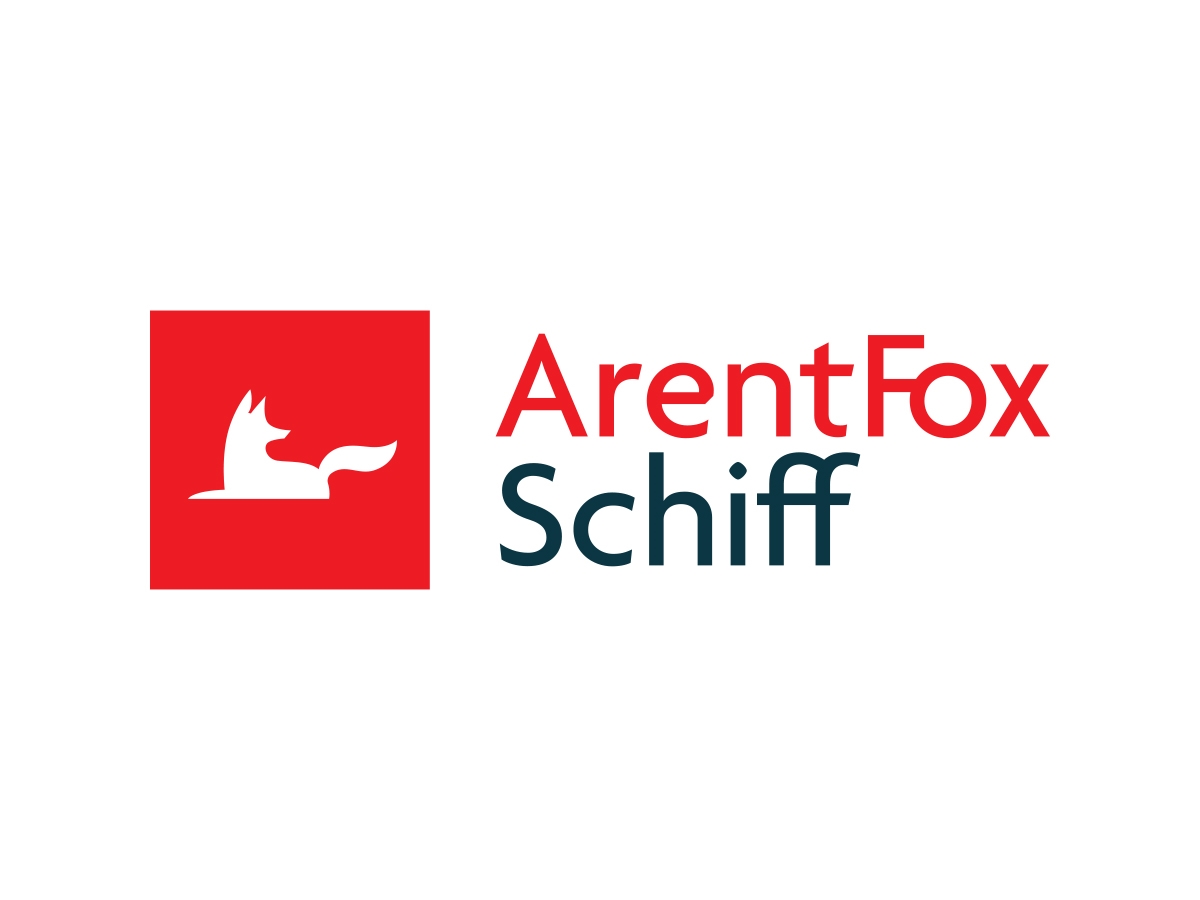
On March 19, 2022, Mr. Janesh Rajkumar, a cryptocurrency and NFT investor, entered into a loan agreement with “chefpierre” on NFTfi, a cryptocurrency lending marketplace allowing NFT owners access to liquidity (specifically, Wrapped Ethereum (wETH) and DAI) by listing their NFTs as collateral. Unable to pay his loan on time, Mr. Rajkumar requested an extension, and the two parties discussed the possibility of refinancing the loan. On April 20, Mr. Rajkumar and “chefpierre” entered into a refinancing agreement. As part of the second agreement, Mr. Rajkumar committed as collateral Bored Ape Yacht Club (BAYC) NFT No. 2162.
The NFT is part of a series of BAYC NFTs that currently have a floor price of 89 ETH (approximately $95,000 USD) on OpenSea, an online NFT marketplace. Just in April, the BAYC NFTs reached an all-time high of 152 ETH (about $434,000 USD). Mr. Rajkumar transferred BAYC No. 2162 to NFTfi’s escrow account with the mutual understanding that the NFT would remain there until the full repayment of the loan. The agreement also stipulated that “chefpierre” would never exercise their foreclosure option and take ownership of BAYC No. 2162. Instead, if Mr. Rajkumar were unable to repay the loan on time, he would inform “chefpierre,” who in turn would provide reasonable extensions of time for repayment.
However, “chefpierre” refused to release the additional sum agreed to in the refinancing agreement and threatened to seize ownership of BAYC No. 2162 if Mr. Rajkumar did not repay his loan in full on April 21. The deadline imposed by “chefpierre” gave Mr. Rajkumar about seven hours to return the borrowed money. Upon Mr. Rajkumar’s failure to meet the deadline, “chefpierre” foreclosed by transferring BAYC No. 2162 to his personal cryptocurrency wallet and listing the NFT for sale on OpenSea. Mr. Rajkumar later repaid a portion of the loan, but “chefpierre” returned the paid amount and barred Mr. Rajkumar from making him additional payments on NFTfi.
Among other demands, Mr. Rajkumar is seeking an order to compel “chefpierre” to accept repayment of the loan and transfer BAYC No. 2162 to Mr. Rajkumar’s cryptocurrency wallet.
The decision in Janesh s/o Rajkumar contributes to a small but growing body of judicial study concluding that NFTs convey enforceable property rights, the nature of which are still subject to further analysis. For example, in January of this year, the High Court of England and Wales in Lavinia Deborah Osbourne v (1) Persons Unknown (2) Ozone Networks Inc. trading as Opensea [2022] EWHC 1021 (Comm) ruled that NFTs, though not the underlying content they represent, are “legal property.” The court granted an injunction to freeze ownership transfers of two NFTs that were stolen by hackers from a woman’s cryptocurrency wallet.
While the Singaporean High Court did not rule on Mr. Rajkumar’s other demands yet, the injunction released in May is certainly a win for NFT owners seeking remedies in a world of increased decentralization.
[View source.]
See more »
DISCLAIMER: Because of the generality of this update, the information provided herein may not be applicable in all situations and should not be acted upon without specific legal advice based on particular situations.
© ArentFox Schiff var today = new Date(); var yyyy = today.getFullYear();document.write(yyyy + ” “); | Attorney Advertising
Refine your interests »
This website uses cookies to improve user experience, track anonymous site usage, store authorization tokens and permit sharing on social media networks. By continuing to browse this website you accept the use of cookies. Click here to read more about how we use cookies.
Back to Top
Explore 2022 Readers’ Choice Awards
Copyright © var today = new Date(); var yyyy = today.getFullYear();document.write(yyyy + ” “); JD Supra, LLC

